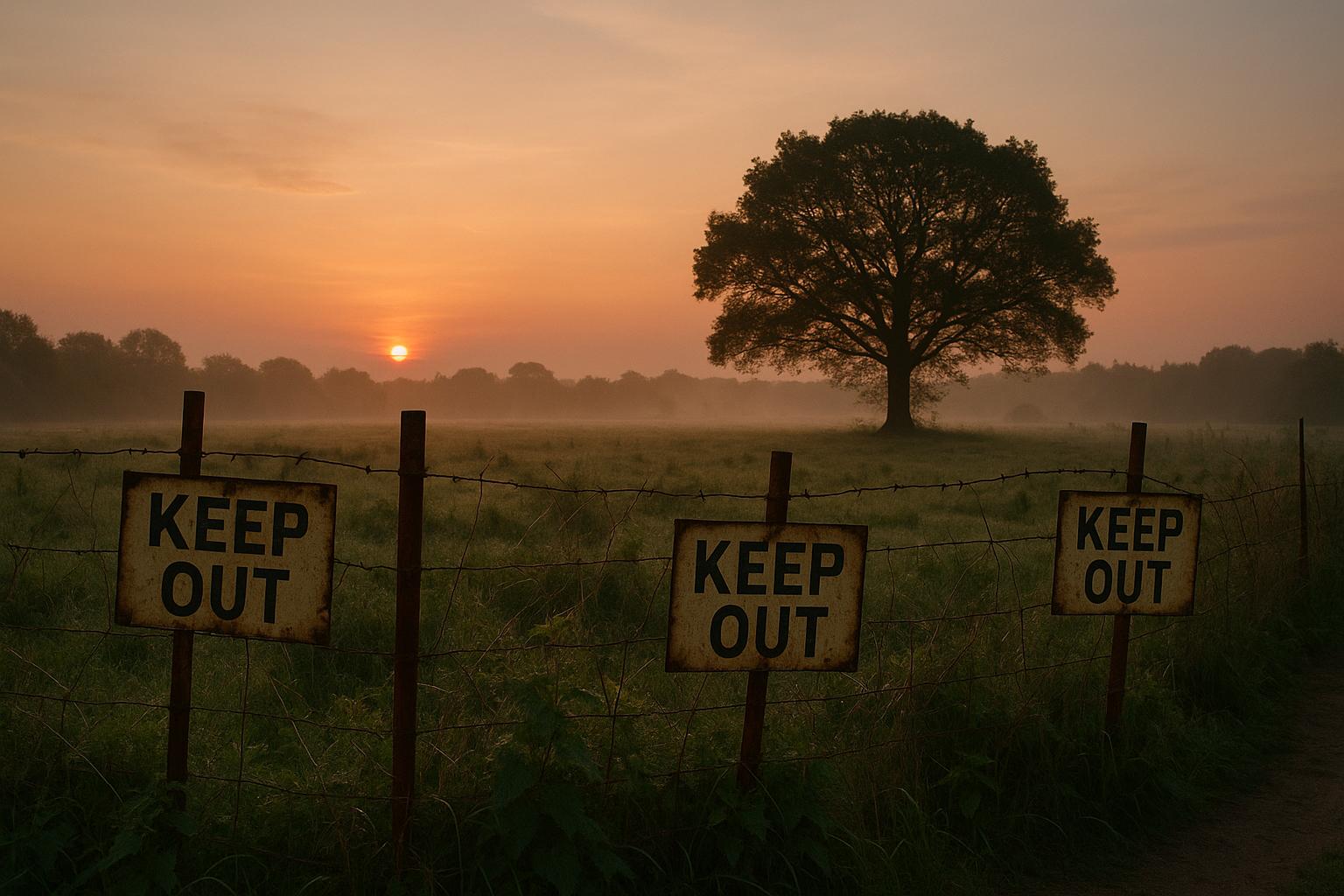Tottenham Hotspur is facing ongoing opposition regarding its plan to develop a new training ground for its women’s team on Green Belt land at Whitewebbs Park in Enfield. A crowdfunded campaign, supported by over 850 members of the local community, has been launched to seek a High Court review of Enfield Council’s decision to grant planning permission for the project. Campaigners argue that the development represents an inappropriate loss of public parkland to private interests, reflecting broader concerns about safeguarding Green Belt areas from urban encroachment.
The campaign underscores the strength of local resistance, which has mobilised significant public backing to legally challenge the council’s choice. In response, Tottenham Hotspur has acknowledged the engagement and stated their intention to work closely with Enfield Council to finalise necessary legal agreements, while pledging to keep the local community informed about subsequent steps.
This dispute sits within a wider context of football clubs facing community scrutiny and legal hurdles surrounding development plans on valuable land. For instance, Barnet FC supporters recently initiated a crowdfunding effort to build a new stadium on Green Belt land after local authorities initially rejected such a proposal. This highlights a recurring tension between football clubs’ ambitions and Green Belt preservation policies, which aim to prevent urban sprawl and maintain open spaces for public benefit.
Tottenham’s broader redevelopment ambitions have made some progress elsewhere, notably with the club moving closer to constructing a new £400 million stadium at White Hart Lane following a successful agreement to purchase land previously contested in the High Court. This positive development marks a significant milestone in the club’s infrastructure expansion, contrasting with the ongoing legal uncertainties over the Whitewebbs Park training ground.
Community concerns about local development in the Tottenham area have also surfaced in other contexts. For example, Haringey Council recently refused an alcohol licence for a Tottenham bar and restaurant, citing serious worries over crime and anti-social behaviour that could affect nearby residents. Such actions reflect a heightened sensitivity among local authorities and communities regarding developments perceived to impact quality of life or public safety.
Environmental considerations remain central to the Green Belt debate. Nearby, conservation groups have called for investigations into the felling of ancient trees at Whitewebbs Wood, revealing the competing priorities around land use in the area. While police inquiries into such incidents have sometimes been dropped, campaigns for accountability and protection of natural heritage persist, aligning with opposition to commercial developments on protected land.
Tottenham Hotspur's situation illustrates the balancing act clubs must navigate between growth ambitions and community/environmental stewardship. As the High Court review proceeds, the case may set important precedents on how Green Belt land is retained or repurposed in London’s complex urban landscape, emphasizing both the courage of community campaigners and the resilience of well-resourced corporate projects.
📌 Reference Map:
- Paragraph 1 – [1], [2]
- Paragraph 2 – [1]
- Paragraph 3 – [6]
- Paragraph 4 – [3]
- Paragraph 5 – [4]
- Paragraph 6 – [7]
- Paragraph 7 – [1], [2], [6], [7]
Source: Noah Wire Services
